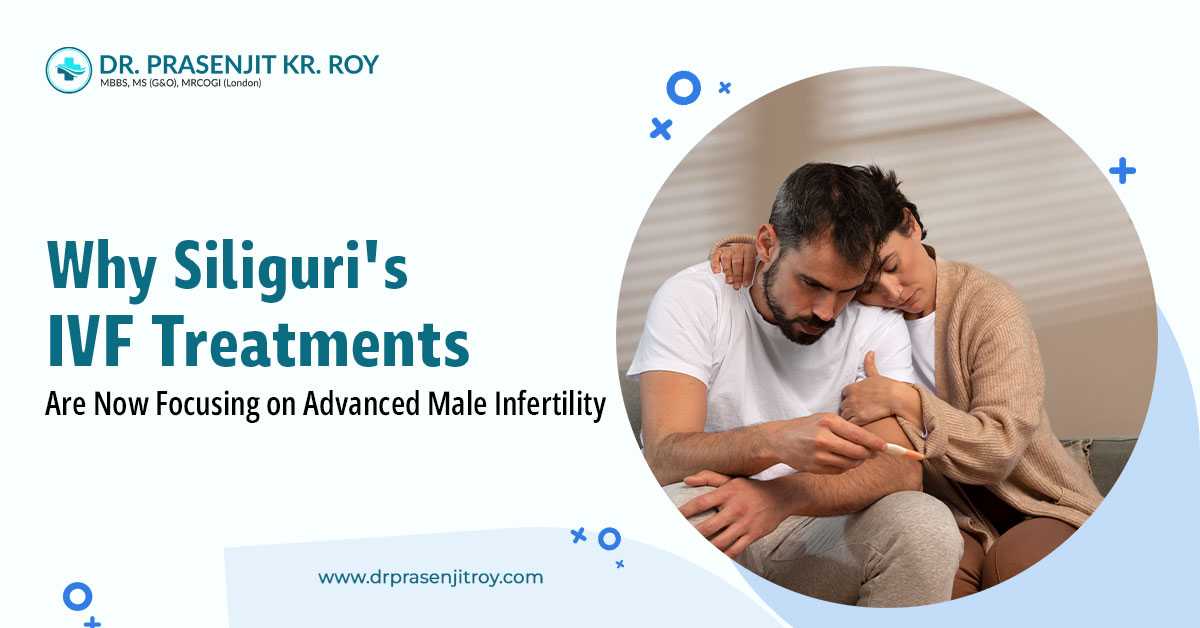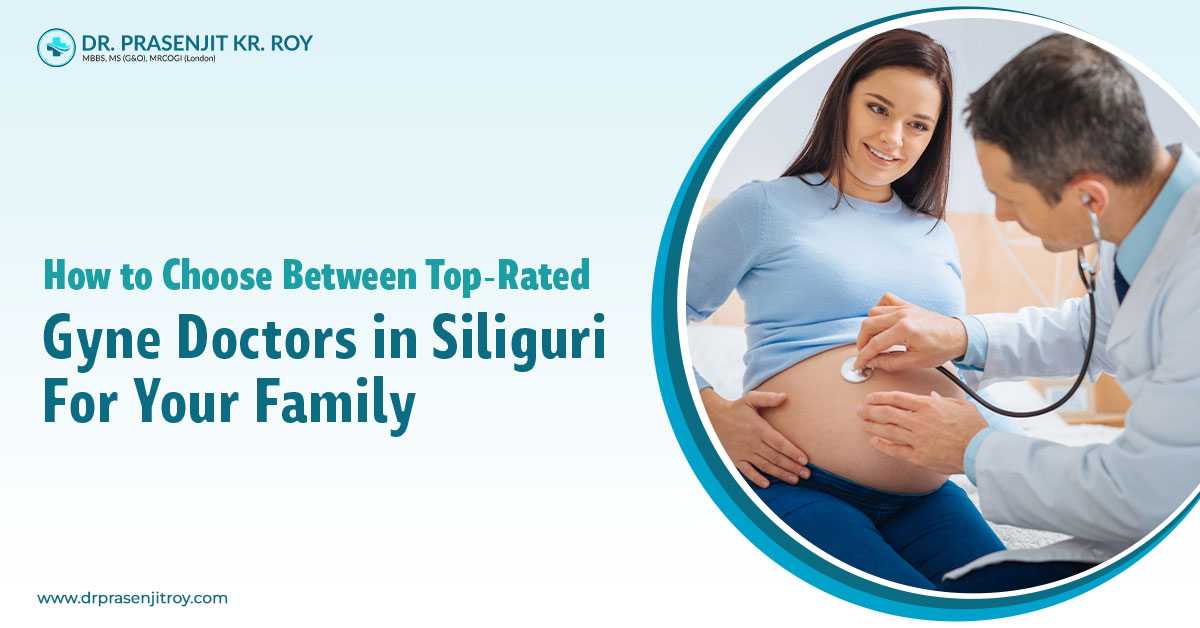IVF is known to be very popular among potential parents and infertility specialists as it is known for its high success rate. However, most of the time, they tend to turn a blind eye to the risk factors associated with the procedure. One of the major issues faced by people with this procedure is the chance of multiple pregnancy.
According to the best IVF doctor in Siliguri, while multiple pregnancy can be great for some couples. Its complications can be dangerous for women over the age of 35. In this blog, we will be discussing the term multiple pregnancy, its causes, as well as treatment methods.
Understanding Multiple Pregnancy
This is also referred to as multiple fetal pregnancy and consists of a mother carrying two or more babies during a pregnancy. When it comes to natural conception, the likelihood of this situation is relatively low. With procedures that involve transferring more than one embryo into the uterus, the chances of multiple pregnancy in Iis significantly higher. This type of pregnancy can be exciting, especially for couples trying to conceive for a long time. But it comes with various complications, risking the health of the mother.
Why IVF Increases the Risks?
When it comes to IVF, according to the best IVF doctor in Siliguri, some specialists introduce multiple eggs into the uterus. This is done to boost the chances of implantation. The procedure is very common and is done by professionals to counter aspects such as advanced maternal age and multiple failed pregnancies.
However, in recent years, there has been the development of procedures such as single embryo transfer (SET) and lastocyst culture. With these procedures, IVF specialists have reported that there has been a decrease in multiple pregnancy risks.
Risks Related to Multiple Pregnancy
When it comes to the risk, multiple pregnancy is known to promote quite a number of them. Let us look into some of the most common risks.
Preterm Birth – Due to the intacnes of uterine over-stretching, increased pressure, and cervical changes, multiple pregnancies increase the risk of premature birth.
Low Birth Weight – Multiple pregnancy often results in low birth weight, along with low body temperature and risk related to infections.
Gestational Diabetes – Mothers with multiple pregnancies can develop gestational diabetes, which and also impact both maternal and fetal health.
Preclampsia – This condition causes high pressure and is often connected to complications of seizures, premature birth, as well as HELLP syndrome.
Treatment Methods for Multiple Pregnancy
The decrease the effect of multiple pregnancy, specialists suggest careful planning and execution of the IVF procedure. IVF doctors in Siliguri, the following treatment methods:
Single Embryo Transfer (SET)
This involves transferring a single high-quality embryo instead of multiple embryos to reduce the risk of multiple pregnancy. With advancements in technology, SET offers comparable success rates to multiple embryo transfer. This is done especially in younger women.
Patient Counseling
It is important to have enough information about the IVF procedures and risks before going for this treatment. Thus, specialists often provide counselling to potential parents to help them understand fertility issues and family goals.
Conclusion
While IVF brings hope to many couples struggling with infertility, it’s important to understand all aspects of the treatment, including the risks. If you’re considering IVF, seek guidance from a reputable specialist. The best IVF doctor in Siliguri can help you navigate these choices, reduce risks, and increase your chances of a healthy, successful pregnancy.





